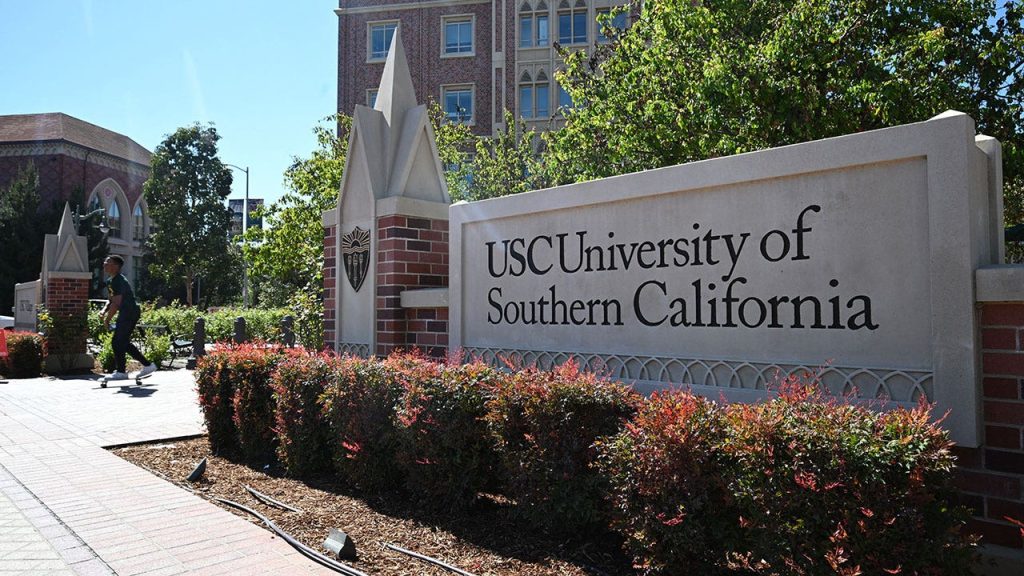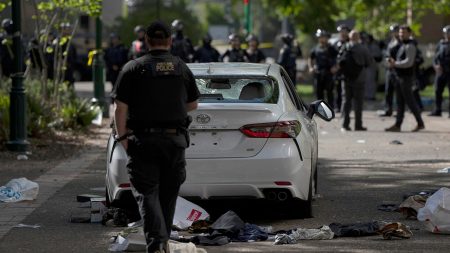The University of Southern California (USC) recently made the decision to eliminate outside speakers from this year’s commencement ceremony, shortly after canceling the valedictorian speech of a Muslim student due to social media posts about Israel. The university cited safety concerns, revealing that threats had been received via letters, phone calls, and emails. Despite the decision, USC remains committed to hosting 38 satellite ceremonies, five celebrations, 65 receptions, and other internal and external speakers and performers at the event. USC expressed hopes of conferring honorary degrees to the canceled outside speakers at a future ceremony.
The controversial cancellation of the valedictorian’s speech was met with criticism from some students and activists who accused the university of infringing on free speech rights. However, USC’s Provost and Senior Vice President for Academic Affairs, Andrew Guzman, defended the decision by emphasizing the necessity of maintaining campus security and safety. Guzman clarified that the issue at hand was not related to freedom of speech, stating that there is no entitlement to speak at a commencement. The decision to cancel the speech came after careful consideration of the circumstances surrounding the student’s social media posts about Israel.
Asna Tabassum, the valedictorian whose speech was canceled, appeared on CNN to defend her advocacy for the rights of Palestinians and criticize the controversy surrounding human rights issues. Tabassum expressed no remorse for her social media posts and highlighted the influence of her teachers and peers in shaping her views. Meanwhile, antisemitism watchdog group “StopAntisemitism” alleged that USC was portraying the valedictorian as a victim while masking the denial of Jewish self-determination as Islamophobia. The cancellation of the speech has sparked debate among students, faculty, and advocacy groups regarding free speech rights and campus safety.
The decision by USC to scrap outside speakers from the commencement ceremony follows a series of events that have raised concerns about academic freedom and the protection of students’ rights to express their opinions. The university’s announcement regarding the cancellation of the valedictorian speech has reignited discussions about the intersection of free speech, safety concerns, and the handling of controversial topics in academic settings. Despite the criticisms and backlash, USC remains committed to hosting a variety of commencement events and ceremonies to celebrate the achievements of its graduates.
The events at USC have drawn attention to broader issues of campus security, freedom of speech, and the challenging task of balancing diverse perspectives and viewpoints. The university’s response to the controversy reflects a commitment to prioritizing the safety and well-being of its community while also striving to uphold the principles of academic freedom and open dialogue. The decision to cancel the valedictorian speech and forgo outside speakers has sparked conversations about the role of universities in facilitating discussions on contentious issues, and the responsibility of institutions to create inclusive and respectful academic environments for all students.















